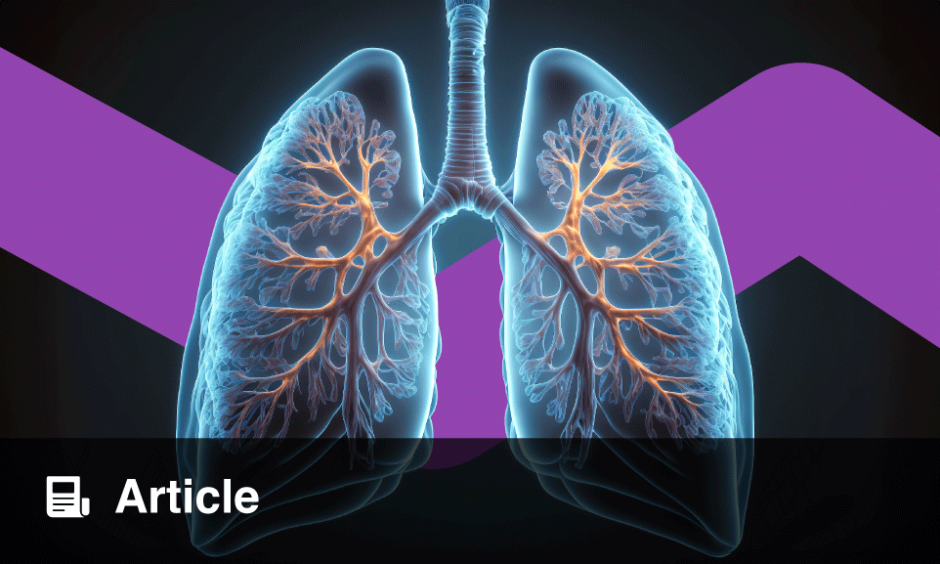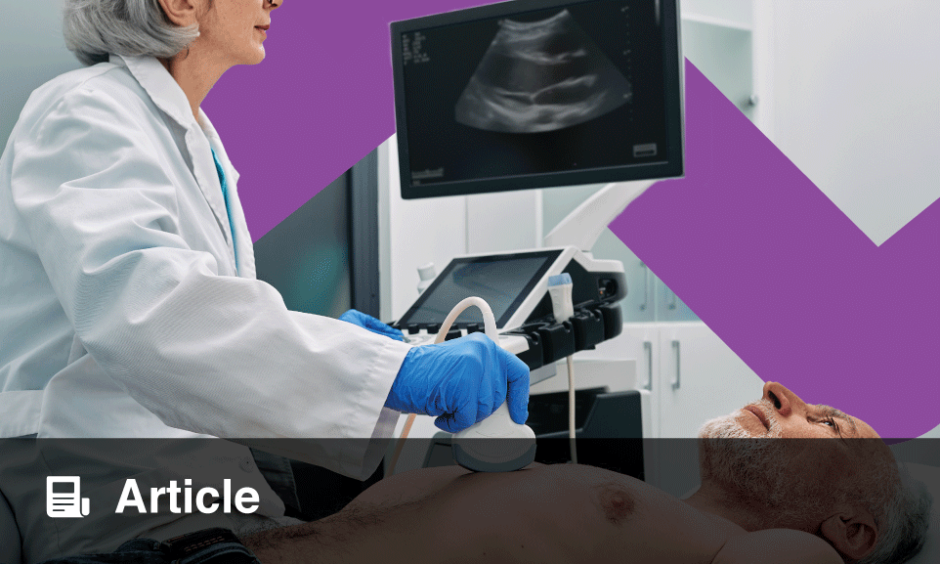AN AI-BASED model can effectively predict all-cause mortality (ACM) by identifying incidental extrapulmonary findings on chest CT scans according to a recent study. The research, led by Anna Marcinkiewicz, Cedars-Sinai Medical Centre, utilised data from the National Lung Screening Trial (NLST), which included 24,401 participants who underwent low-dose CT screening for lung cancer from 2002–2007.
The study aimed to predict both ACM and significant extrapulmonary incidental findings by integrating AI-based segmentation of multiple body structures. A total of 32 structures were segmented using TotalSegmentator, and 15 radiomic features were extracted from each structure. This allowed the researchers to analyse 480 features for every patient, identifying which extrapulmonary abnormalities carried the most weight in predicting mortality risk.
Incidental findings on chest CTs are common and often necessitate further evaluation. The study found that 16% of participants had significant extrapulmonary findings, with the majority being cardiovascular abnormalities (36.5%), followed by those located above the diaphragm (31.9%) and below the diaphragm (30.9%). The AI model, designed to assess mortality risk, produced strong results with an area under the receiver operating characteristic curve (AUC) of 0.72 for predicting 10-year ACM and 0.71 for predicting 2-year ACM.
Additionally, the AI model was able to prioritise the importance of specific structures for each patient, offering personalised insights into mortality risk. Coronary artery calcium (CAC) was the most influential feature in predicting mortality across the cohort.
By utilising AI to assess incidental findings on chest CTs, the study demonstrated that this technology could enhance radiologists’ ability to identify high-risk patients, leading to improved clinical decision-making and potentially better patient outcomes. This approach may be particularly useful in large-scale screenings where time and resources are limited, helping clinicians focus on the most relevant findings for each patient.
Katie Wright, EMJ
Reference
Marcinkiewicz AM et al. AI for multistructure incidental findings and mortality prediction at chest CT in lung cancer screening. Radiology. 2024;312(3):e240541.








